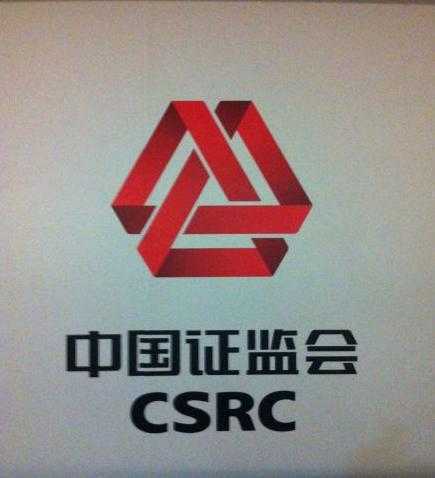

 |
Yuan exchange rate to stabilize over long term: PBC
China's securities watchdog said Sunday that an unspecified "circuit breaker mechanism" is needed to prevent stock market volatility.
In an interview with the Xinhua News Agency, an anonymous official from the China Securities Regulatory Commission (CSRC) said the stock market bubble and the risks that come with it have been deflated to a considerable extent, and that the Chinese government will continue to intervene if market fluctuations lead to a systemic risk.
Zhou Xiaochuan, People's Bank of China (PBC) governor, told a meeting of G20 finance ministers and central bank governors in Turkey on Saturday that a more stable financial market can be expected.
According to Zhou, the "bubble" in China's stock markets started growing before mid-June, as the Shanghai Composite Index surged by a staggering 70 percent from March to June. Many risks were lurking during the process, especially the disproportionate use of margin trading, which led to the domestic stock markets' volatility since mid-June.
The Shanghai Composite index has lost about 40 percent since reaching a three-year high in mid-June.
However, Zhou stressed that the mainland stock markets have experienced "three rounds of adjustments" since mid-June, and the Chinese government has taken steps during the process to avoid a "cliff jump," including injecting liquidity into the markets through various channels.
The mainland stock markets showed signs of stabilizing after a selling spree since August 18. The Shanghai Composite Index rose 5.34 and 4.82 percent, respectively, on August 27 and 28 but shed 0.2 percent on Wednesday.
Li Bo, an analyst at GF Securities, however, said he believes mainland stock markets still have "space for slide" in the near future, but the slide will be much milder than the decline in recent months.
"Mainland stock markets are influenced by many factors, and some of them are uncontrollable. For example, US stock markets have recently shown signs of volatility, which might have a negative impact on China's stock markets," Li told the Global Times on Sunday.
Economic transformation
Zhou also told the meeting that the yuan was devalued after the PBC amended the yuan's exchange rate mechanism on August 11, but he stressed the yuan lacks a "long-term devaluation base" and that the yuan's exchange rate is stabilizing.
On August 11, the yuan shed about 2 percent against the US dollar, the biggest one-day devaluation of the currency in two decades.
"I'm confident that the renminbi exchange rate will be more or less stable around the equilibrium level," Yi Gang, PBC vice president, was quoted by Bloomberg as saying.
Zhou said that with the yuan's stabilization and the adjustments to the stock markets in place, China's financial markets are expected to become more stable.
Chinese Finance Minister Lou Jiwei also said during the meeting that China's economy has stepped into the "new normal" period, a transformation phase, and domestic economic growth will gradually shift from investments and exports to consumption.
Li said that such a transformation will not be easy, as Chinese people's purchasing power has been affected by the recent fluctuations on the mainland capital markets.
Ni Shoubin, dean of the School of Law at the Shanghai University of International Business and Economics, said that the government has implemented several fiscal measures to stimulate consumption, but they should make sure that those policies "are properly executed."
Lou also said that despite slower growth, China's economy has also shown positive signs in the first half of 2015, such as an increase in the employment rate and better environmental conditions.
 'Enemy planes' intercepted by Hongqi-7B air-defense missiles
'Enemy planes' intercepted by Hongqi-7B air-defense missiles Blind date with bikini girls in Nanjing
Blind date with bikini girls in Nanjing Amazing photos of Chinese fighter jets
Amazing photos of Chinese fighter jets Chinese soldiers participate in training for V-Day parade
Chinese soldiers participate in training for V-Day parade Painting: Lonely women in Forbidden City
Painting: Lonely women in Forbidden City China and Russia hold joint drill in Sea of Japan
China and Russia hold joint drill in Sea of Japan 'Goddess' in Taiwan McDonald's
'Goddess' in Taiwan McDonald's Female soldiers at military parades
Female soldiers at military parades Photos of campus belle doing splits go viral
Photos of campus belle doing splits go viral Dietary deceptions
Dietary deceptions China to optimize forces
China to optimize forces US Treasury sale a ‘normal’ option: experts
US Treasury sale a ‘normal’ option: experts Parade, military cut send explicit message
Parade, military cut send explicit messageDay|Week